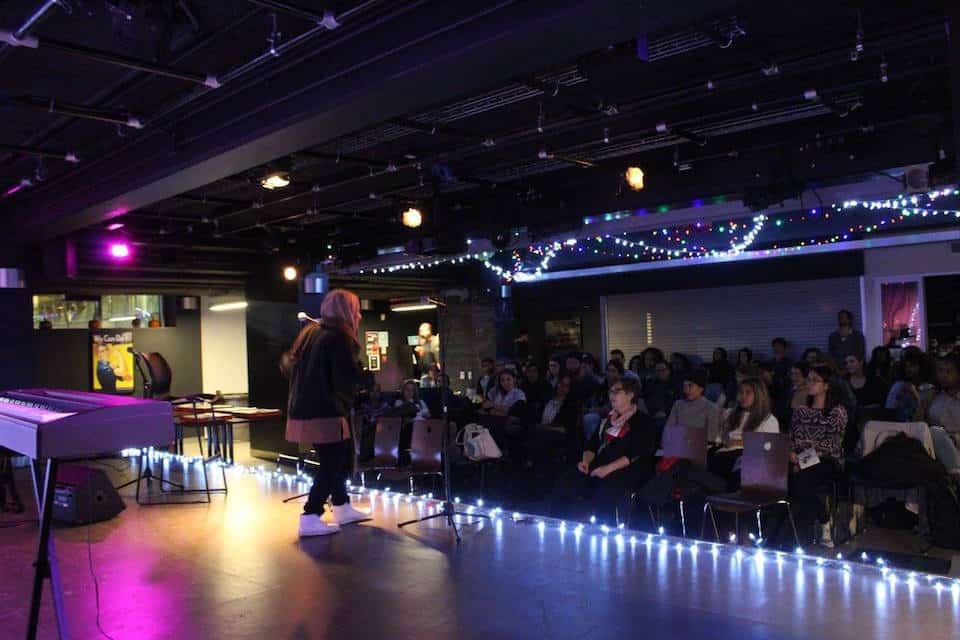[dropcap]A[/dropcap]s a black female student, I bear witness to transgressions against my communities every day, from anti-black police brutality to the pandemic of sexual violence on university campuses. Constantly dealing with the weight of these issues — not to mention subtle micro-aggressions from unaware peers and faculty — has profound detrimental effects for marginalized group’s mental and physical health. See, for example, The Atlantic article titled “How Racism is bad for our Bodies.” The article collected various studies to illustrate how discrimination “has been shown to increase the risk of stress, depression, the common cold, hypertension, cardiovascular disease, breast cancer, and mortality.” In fact, even the mere anticipation of racism has been shown to increase stress levels.
It is in this context that the University of Toronto Students Union (UTSU) Equity Committee held their annual event series titled “eXpression against Oppression” (XAO). This event series created much needed safe spaces for minority students on campus to engage and learn from one another’s experiences of oppression and resistance. By carving out areas to explicitly recognize and deconstruct otherwise systematically ignored issues, the XAO series was an excellent step towards fostering much-needed support and sense of community for marginalized people on campus.
Unfortunately, the UTSU and XAO has faced criticism for being exclusive and discriminatory. In light of the issue at stake, these criticisms are far from warranted; instead, they actually solidify why XAO and other related equity events are necessary in the first place.
One recurring criticism is that the UTSU should not be supporting events that “actively segregate” the very students it is meant to represent. This came in response to one of the XAO event’s Facebook description that called for “non-black allies…to contribute to the space by way of active listening and internalized reflection.” Apparently, by “excluding the white individuals who came to that event in support of the collective,” this request was “inherently racist.” Another Reddit user claimed that “those kinds of rules imposing some sort of speaking authority based on race is reminiscent of a fascistic way to carry out a meeting.”
Here, it is important to note that UTSU’s request is not discouraging non-black participation or presence at XAO, but merely acknowledging systematic power imbalances that permeate our campus. When marginalized groups talk about their experiences, too often they are immediately questioned, belittled, and denied legitimacy by those who are privileged enough to not have had the same experiences. Such discussion trends are so prominent that society has given them names like “whitesplaining” or “mansplaining.”
Consequently, asking people in positions of privilege to default to actively listen and reflect is simply encouraging allies to be cognizant of their place in the conversation, and to be careful not to speak on behalf of or silence those who are actually directly affected by the issues at hand. This can hardly be called discriminatory or censorship — the UTSU didn’t close the door on allies, just reminded them to be aware of the space they take up.
[pullquote]There is value in giving minority students a safe space to speak.[/pullquote]
There is value in giving minority students a safe space to speak. Conversations flow easier: you know you are in the company of people who have experienced similar things, or support you nonetheless. That itself lightens the burden of having to bite your tongue and silence yourself; it ensures that no student will feel ignored and no experience dismissed. I stand with UTSU’s efforts to promote safe spaces for students on campus, and extend my thanks to the organizers for making these events happen.
Milen Melles is a first-year student at Victoria College studying humanities.


